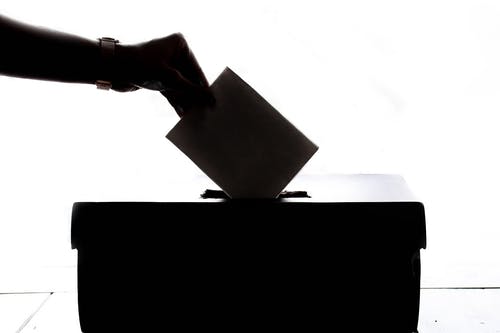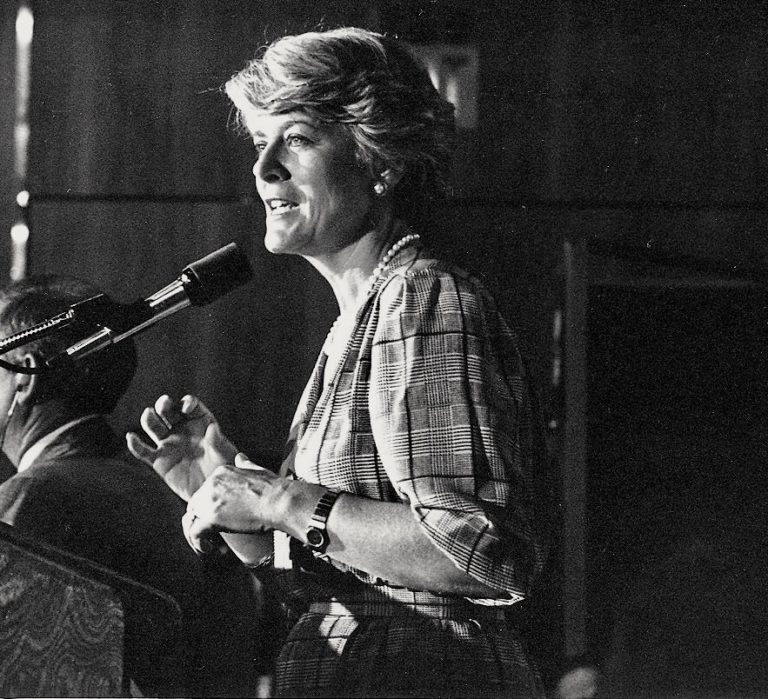As we gear up to celebrate the centennial anniversary of the 19th Amendment in 2020 and see a…
Reminder: Only 9 States Currently Have a Woman Governor

With governors are playing lead roles in the country’s response to COVID-19, we’re seeing the difference women make when they’re in a chief executive role – and why we need more of them.
Right now, there are only nine women governors in the U.S., a record first reached in 2004. However, with 11 states slated to hold gubernatorial elections in November 2020, this year has the potential for women to finally make up a larger percentage of state chief executives. Here are three must-knows about women and the 2020 governor races:
1. There are eight women running (so far).
However, less than half of the filing dates have passed, so there’s still the chance for more women to enter the race. There are women running in six states: Nicole Galloway (D) and Saundra McDowell (R) in Missouri; Whitney Williams (D) in Montana; Shelley Lenz (D) in North Dakota; Aimee Winder Newton (R) and Jan VanDenBerghe Garbett (R) in Utah; Rebecca Holcombe (D) in Vermont; and Shelby Jean Fitzhugh (R) in West Virginia.
2. If elected, several of these women would be making history.
There are still 20 states that have never had a woman governor, including Missouri, North Dakota, and West Virginia. And while Utah has had a woman governor (Gov. Olene Walker took office through succession), it has yet to elect a woman governor – or even have a woman listed as the gubernatorial candidate for either major party.
There have only been three woman of color governors and one openly LGBTQ woman elected governor, something that is unlikely to change this election cycle. While there are still several states where candidates can still file for governor, there are no women of color or LGBTQ candidates among the current group of women candidates.
3. Women from all different backgrounds are stepping up to run.
Each of the eight women running bring different professional experiences to the table. For example, Saundra McDowell was a member of the USAF, Shelley Lentz is a veterinarian, and Rebecca Holcombe started her career as a teacher. Research shows that, no matter their background, women candidates can prove themselves to voters by showcasing a history of accomplishment and tying their experience to what they plan to do for voters.






